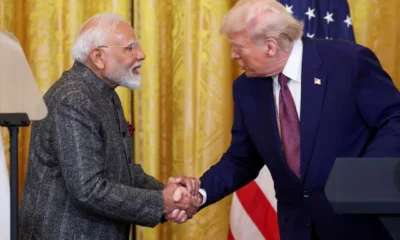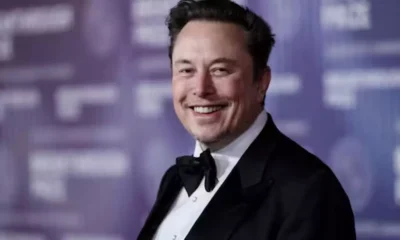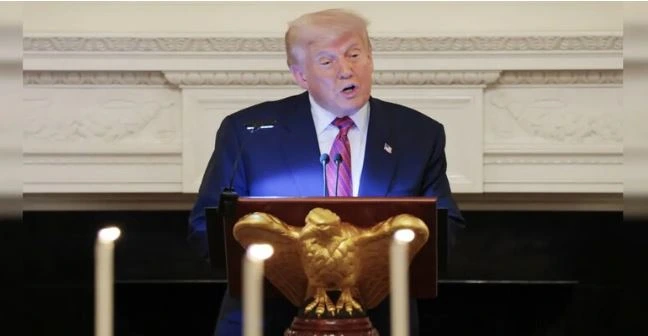Latest world news
Trump staffers’ financial disclosures the White House wouldn’t post

Latest world news
PM Modi to begin two-day Israel visit, defence and trade in focus
PM Narendra Modi begins a two-day Israel visit aimed at strengthening defence cooperation, trade ties and upgrading bilateral relations to a special strategic partnership.
Latest world news
Trump says tariffs will replace income tax, criticises Supreme Court setback in key address
Donald Trump has said tariffs collected from foreign nations could eventually replace income tax in the US, while criticising a Supreme Court ruling against his earlier import duties.
Latest world news
Trump repeats claim of averting India-Pakistan nuclear war during Operation Sindoor
Donald Trump has claimed that Pakistan’s Prime Minister told him 35 million people could have died during Operation Sindoor if the US had not intervened. India denies any third-party mediation.
-

 India News16 hours ago
India News16 hours agoAs stealth reshapes air combat, India weighs induction of Sukhoi Su-57 jets
-

 Cricket news16 hours ago
Cricket news16 hours agoRinku Singh returns home from T20 World Cup camp due to family emergency
-

 India News15 hours ago
India News15 hours agoTamil Nadu potboiler: Now, Sasikala to launch new party ahead of election
-

 Latest world news3 hours ago
Latest world news3 hours agoTrump says tariffs will replace income tax, criticises Supreme Court setback in key address
-

 Latest world news3 hours ago
Latest world news3 hours agoTrump repeats claim of averting India-Pakistan nuclear war during Operation Sindoor
-

 India News2 hours ago
India News2 hours agoShashi Tharoor questions Centre over Kerala name change to Keralam
-

 Latest world news2 hours ago
Latest world news2 hours agoPM Modi to begin two-day Israel visit, defence and trade in focus












